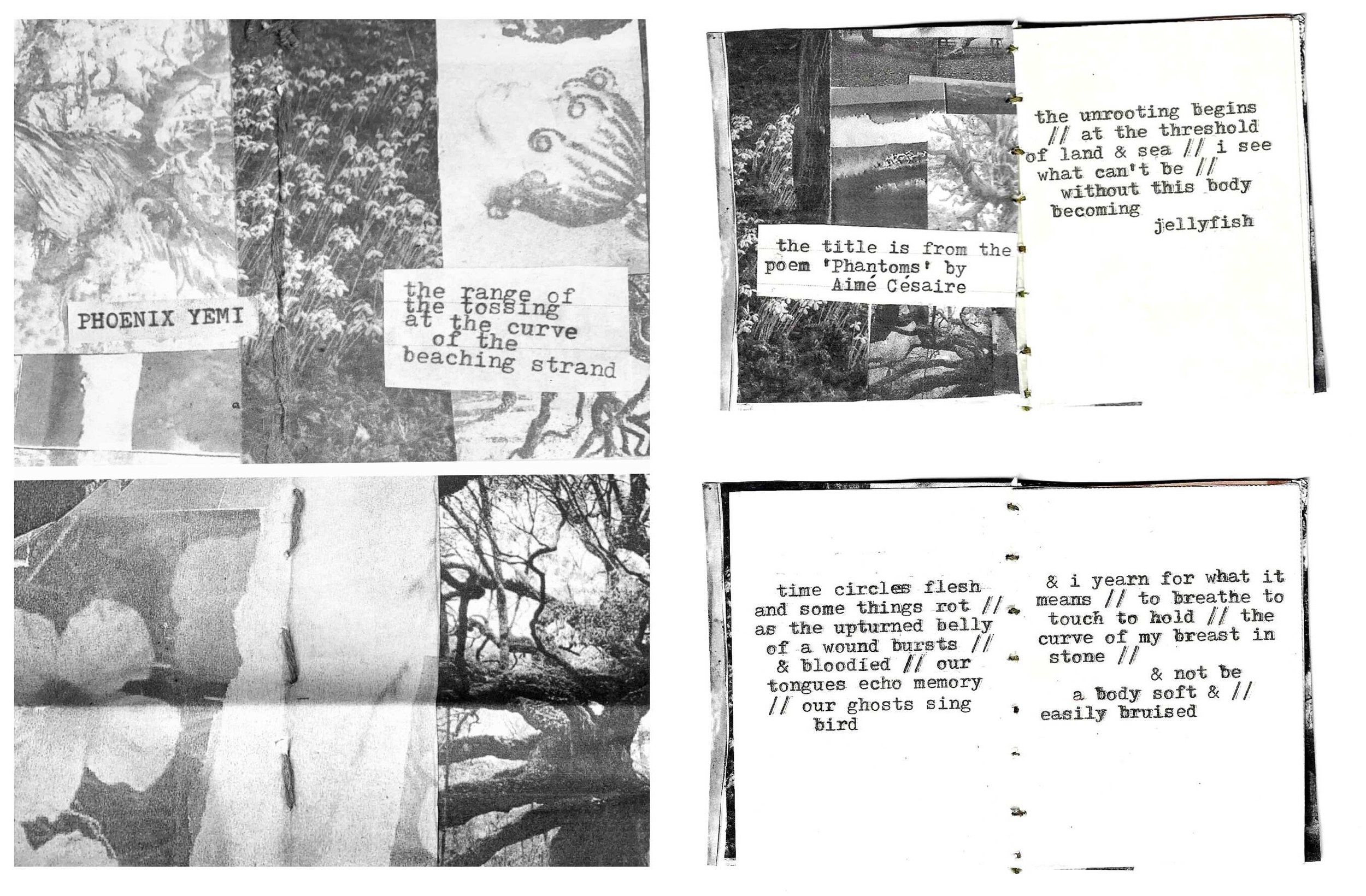A Worm Moon In November
Welcome to A Worm Moon, a poetry newsletter where I, Phoenix Yemi, share what I've been reading and writing through the month.
I've been thinking about solidarity, about what it means to struggle for liberation when across the world several groups of people are still facing violence under colonial occupation. The Nakba is still ongoing, and we have to continue to keep Palestine in our collective consciousness because, to quote Lilla Watson, our liberty is bound together.
I want to begin the newsletter with two things from Aja Monet. The first is a quote about solidarity. It's from the foreword 'Love is Older Than “Israel”’ in Rifqa by Mohammed El-Kurd. The second is a poem called 'We Are' in her book My Mother Was a Freedom Fighter. It's inspired by Mahmoud Darwish.
"Solidarity is a feeling and a doing. It is a series of choices we make with one another. It can only be felt. It cannot be contrived or manipulated. Solidarity is not just about our shared pain or struggle but also, most importantly, about our shared joy, visions, and dreams. It is an energetic force and a resounding love."
1
I came across this poem by Eve L. Ewing called “what I mean when I say I'm sharpening my oyster knife”. The title is a quote from Zora Neale Hurston's essay 'How It Feels To Be Colored Me' published in 1928. I'll share her poem below, alongside two poems I wrote that share that feeling of resistance. The first is a stanza from a poem I wrote reflecting on the silent K in 'knowing', and the second I wrote thinking about women, witchcraft and power.
2
I want to share with you part of a poem I wrote. The word I was thinking about was curves, and I found this poem called 'Phantoms' by Aime Cesaire and I was taken with the line "the range of the tossing at the curve of the beaching strand" and the imagery of waves, the shore, and the undulating line between land and sea. His poem helped me begin to write so I used it as the title. It features in 'For Reference Only', which is series of papers compiling visual references loosely gathered in accordance to a theme, sourced from the books in the library at Reference Point.
3
I'm unsure what the link is between these two poems but I know there's something there. The first one is by Nikki Giovanni from her book Black Feeling, Black Talk/Black Judgement (1970). You can read this poem in a few ways, but I'm thinking particularly about the first line with 'be/come', and how you can follow the interruption or bring the words together in order to alter the meaning. The second poem is by Suzanne Cesaire, and although it serves as the introduction to her 1943 essay "Surrealism and Us" and is not explicitly a poem, I read it as such and come back to it often for the imagery of rivers and for the line 'Liberty my only pirate water of the new year my only thirst'.
4
I really enjoyed making the blackout poem in the last newsletter so I want to make it a monthly feature. This poem is the author's note in Aja Monet's poetry collection My Mother Was a Freedom Fighter. I keep coming back to her poems for guidance on how to move through this world with hope. I'm grateful. And I admire her a lot because she reminds me to not let the ills of society harden my heart. We must stay soft and open-hearted.
Thank you for reading. I hope you've liked the poetry.
What poems have you been reading this month?
If you feel like sharing, please send them my way. You can email me at phoenixyemi@gmail.com or you can find me on Instagram @phoenixyemoja
💌 With Love, Phoenix 💌













